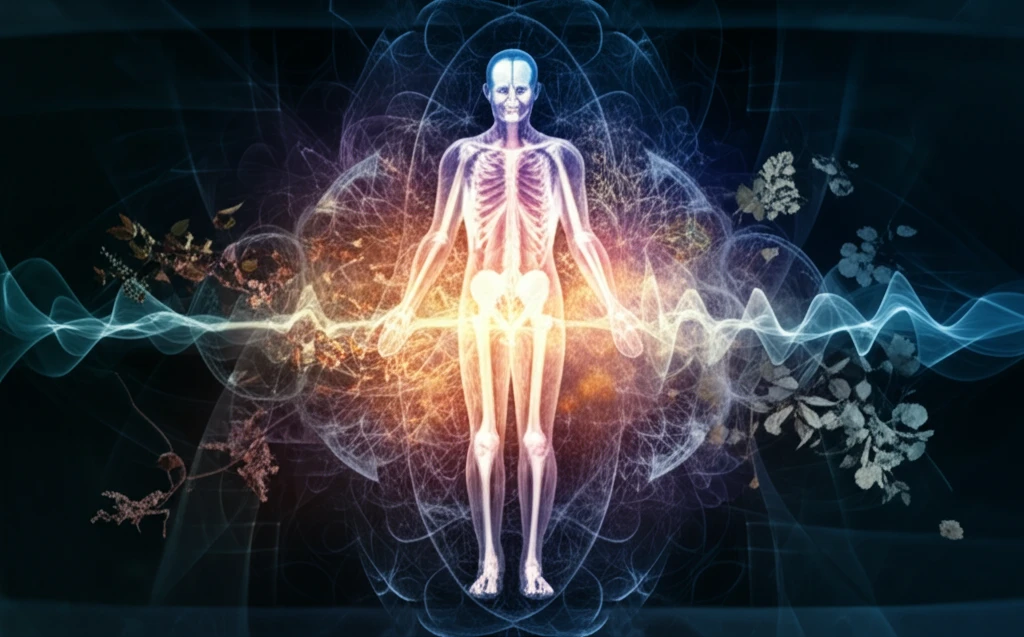
Unlock Your Body's Potential: Exploring Complementary Therapies for Enhanced Well-being
"Delve into the world of integrative medicine: Discover how complementary therapies like acupuncture, herbal medicine, and mindful practices can work alongside conventional treatments to optimize your health and vitality."
In today's fast-paced world, many individuals are seeking holistic approaches to healthcare that go beyond conventional medicine. Complementary medicine, also known as integrative medicine, offers a range of therapies designed to work in harmony with traditional treatments. These approaches consider the whole person – mind, body, and spirit – to promote overall well-being.
This article explores various aspects of complementary medicine, drawing from recent research and insights to provide a comprehensive overview. We'll delve into the potential benefits of acupuncture, herbal remedies, and mindful practices, examining how they can be integrated into your healthcare routine for enhanced health outcomes. Whether you're seeking relief from chronic conditions, looking to boost your immune system, or simply aiming to improve your quality of life, understanding complementary medicine can empower you to take a more active role in your wellness journey.
We'll also address the importance of evidence-based practices and discuss how to navigate the world of complementary therapies safely and effectively. By the end of this article, you'll have a clearer understanding of the potential of complementary medicine and how it can be used to support your health goals.
The Power of Acupuncture and Traditional Chinese Medicine

Acupuncture, a cornerstone of Traditional Chinese Medicine (TCM), involves inserting thin needles into specific points on the body to stimulate energy flow and promote healing. Originating thousands of years ago, acupuncture is rooted in the concept of balancing the body's vital energy, known as Qi. Modern research suggests that acupuncture can stimulate the nervous system, release endorphins, and reduce inflammation, leading to pain relief and improved function.
- Pain Management: Acupuncture is widely recognized for its ability to alleviate chronic pain conditions such as back pain, arthritis, and migraines.
- Stress Reduction: By promoting relaxation and reducing the body's stress response, acupuncture can help manage anxiety, depression, and insomnia.
- Improved Circulation: Acupuncture can stimulate blood flow, which can aid in the healing process and improve overall cardiovascular health.
- Neurological Support: Acupuncture, especially YNSA, shows promise in managing neurological conditions and providing immediate support in emergencies.
Embracing a Holistic Approach to Health
In conclusion, complementary medicine offers a valuable approach to healthcare by integrating traditional practices with modern medicine. Therapies like acupuncture and herbal remedies, when used responsibly and with the guidance of qualified practitioners, can enhance overall well-being and address a wide range of health concerns. By embracing a holistic perspective that considers the mind, body, and spirit, individuals can unlock their body's potential and achieve optimal health.
